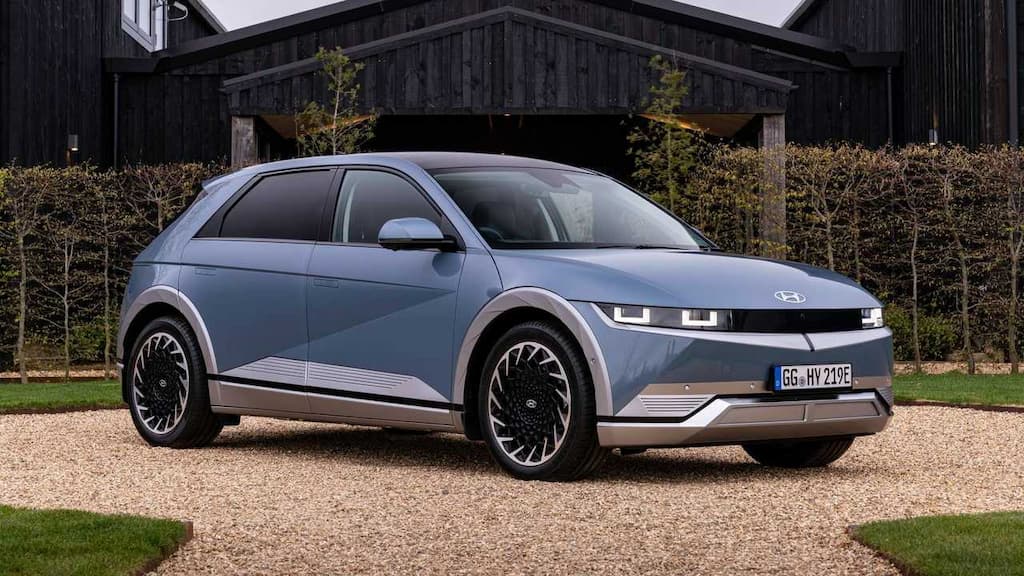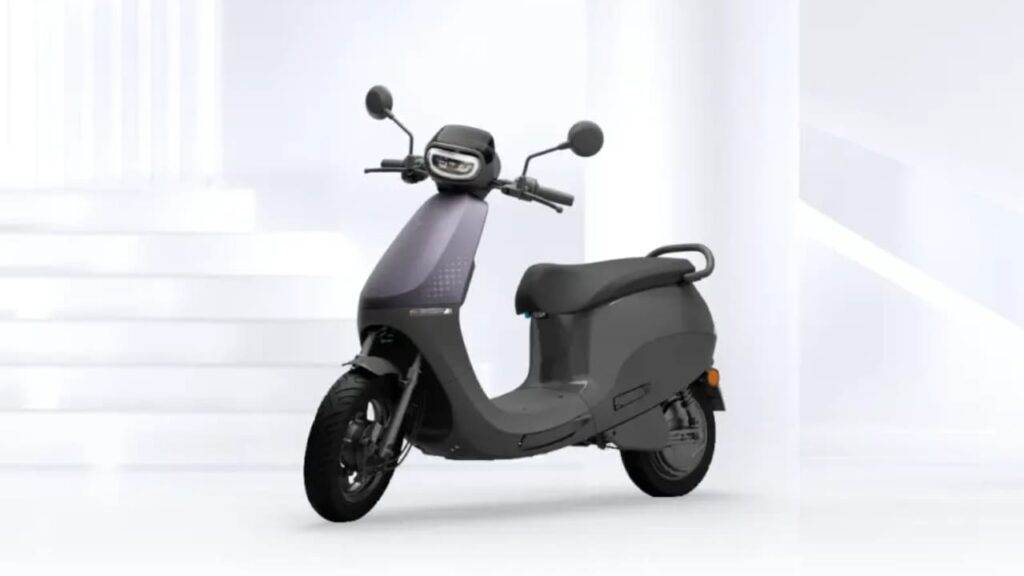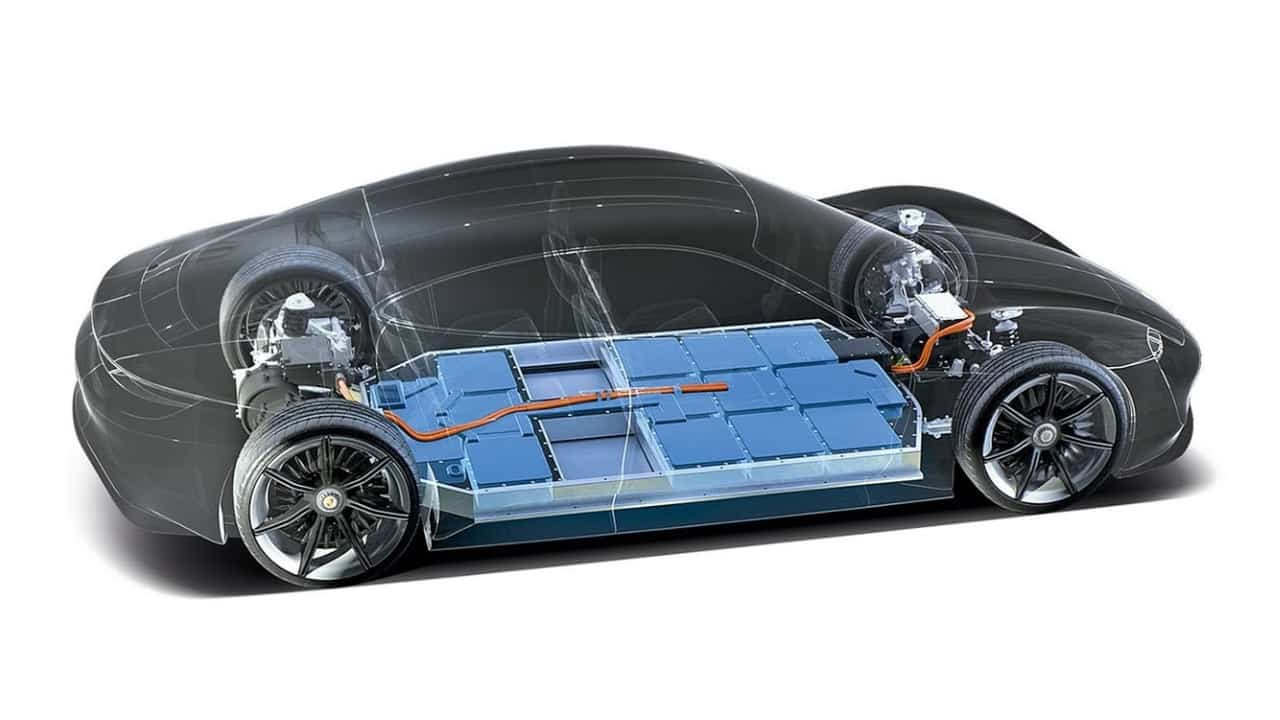Here are the 5 tips you should follow to keep you vehicle’s battery healthy
India is currently among the hottest countries in the world, the summer here when go at peak can take any man’s head into boiling mode. Just think what it can do for the electric vehicles. The intense heat during summers in India provokes several challenges when it comes to keeping our electrical equipment safe. Excess heat can damage anything especially when it come to vehicles, both ICE and electric. In this article, we’ll talk about electric vehicles and its batteries, and how you can protect them from this intense summer heat.
Battery Technology & Its Flaws

Electric vehicles, solely rely on batteries for power as they run on lithium-ion batteries. These batteries operate efficiently at the optimal temprature of 15° to 35° C, Beyond that these batteries can overheat which results in faster discharge rate, inefficient power supply, and reduced enrgy storage capacity. Tempratures beyond that can also cause the ions inside to accelerate quickly that interupts the bindsing of anodes and cathodes. Extreme heat can cause microcracks in the battery that shortens its lifespan and slow its chemical reaction.
Electric vehicles that are operate in humid and hot climate elevates the batttery’s internal resistance that reduces the car’s overall range. A recent study showed the average loss of range in 26.7° C is 2.8% while at 32.2° C to 37.8° C, the loss of range account for 5% to 31%. High tempratures also impede regenerative braking efficiency as the battery’s charge acceptence is decreased to further prevent overheating.
High Tempratures are bad for Batteries

Hot temperatures leads to rapid chemical reactions inside EV batteries that can cause them to wear out faster. This results in decreased travel distance, reduced energy storage capacity, single charge, and overall reduced performance.The intense heat and dry weather of the Indian summer presents challenges for EV batteries.
Before delving into how you can protect you EV’s batteries, you should know how batteries degrade. EV batteries in general are receptive towards high tempratures and extreme heat, leading to faster degradation and reduced range and capacity as these tempratures leads to faster chemical reaction inside the cells.
5 Tips to improve you EV’s battery during summer

- Prioritize parking EVs in shaded areas to minimize direct sunlight exposure, leading to higher temperatures and accelerate battery degradation. You should ttilize garage parking whenever possible, providing an enclosed environment that shields the vehicle from heat and sunlight.
- You should conduct routine inspections of the cooling system to ensure optimal functionality of batteries. Monitor coolant levels and promptly address any leaks or malfunctions to prevent overheating of the batteries. Avoid overloading the EV as excessive weight can strain the cooling system especially under higher temperatures leading to rapid discharge.
- Opt for gradual charging methods over fast charging to minimize heat generation and alleviate stress on the battery. You should schedule charging sessions during cooler intervals. It includes early mornings or late evenings that mitigate heat-induced strain on the battery.
- Maintain the battery charge within the recommended range of 20% to 80% to promote longevity and prevent rapid degradation. Stay updated with firmware upgrades for the EV’s battery management system to leverage the latest performance optimizations and thermal management. Adopt smooth driving techniques by avoiding aggressive accelerations and abrupt braking maneuvers that can generate excess heat within the battery.
- Use battery testing kits like EV DOCTOR to monitor the battery’s health and performance metrics regularly. Detect abnormalities early to prevent potential damage to the battery.
Also read: Ola Electric Has Begun Delivering its New S1X E-Scooter to Customers

